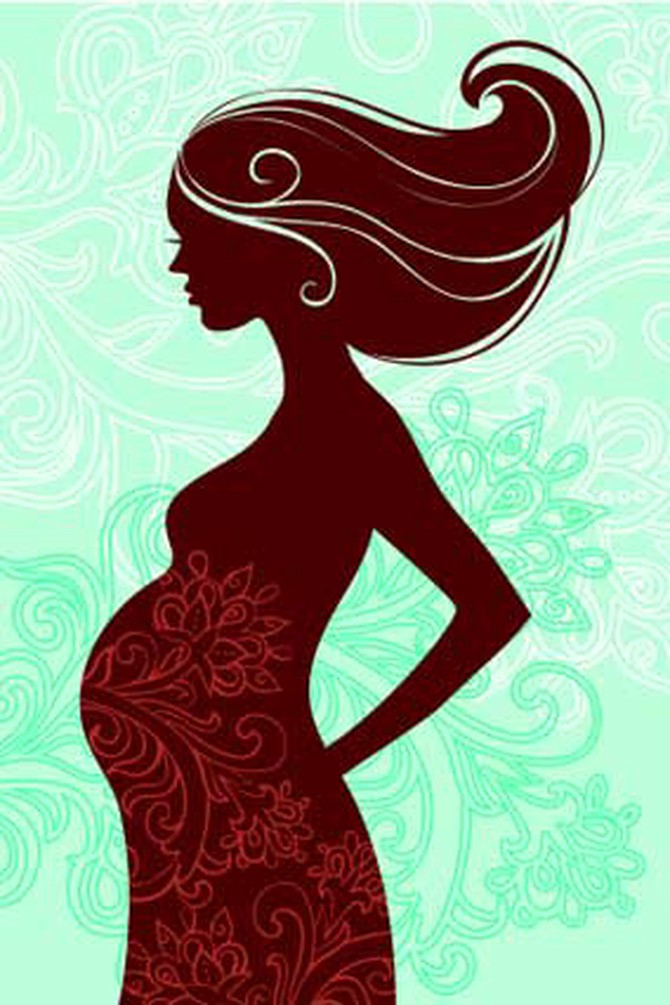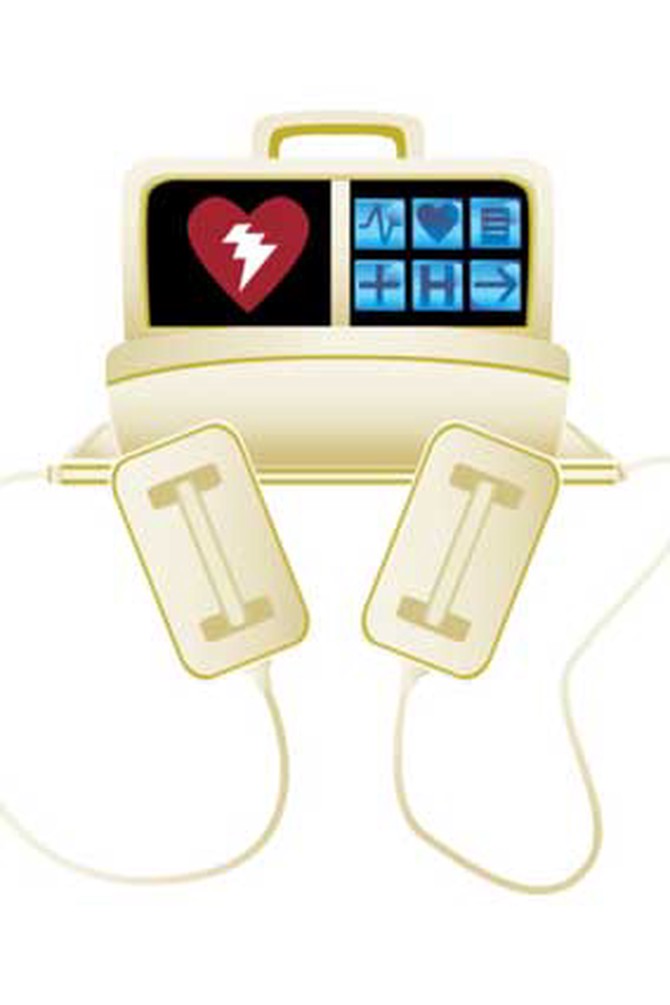15 Ways Women Are Tougher, Luckier, and Smarter Than Men
We're not saying we're better—or even stronger—than our male counterparts, but we do have certain advantages.
By Corrie Pikul

Photo: Thinkstock
We're Better at Recognizing a Pickup Line
In a 2008 study of heterosexual college students, guys who were shown images of platonic and sexually interested women had a harder time distinguishing between friendly and frisky cues. Men were slightly more likely than women to misidentify the friendly images as sexually interested. While women did mistake about a third of the sexually interested images for folks just being friendly, men did even worse, leading the researchers to deem them as the "perceptually insensitive" sex (feel free to use that line on a clueless date).

Photo: Thinkstock
We're Faster
Well, at least our circadian rhythms are faster. Researchers at Harvard-affiliated Brigham and Women's Hospital found that the cycle length of the daily biological clock in women was shorter than it was in men (six minutes, on average). This means that many of us tend to wake up earlier—and this gives us an excuse to go to bed earlier than our partners.

Photo: Getty Images
We Make More Effective Congresspeople (When We Manage to Get Elected)
Regardless of party affiliation, congressional women deliver more federal projects to their home districts and sponsor and co-sponsor more legislation than their male colleagues. In a study that was recently published in The American Journal of Political Science, researchers from Stanford University and the University of Chicago attributed women's political success not to some innate political instinct but to the fact that it's really hard for us to get elected (there are currently 360 men and 75 women in the House; 83 men and 17 women in the Senate). They theorize that women feel immense pressure to measure up, so instead of meeting expectations, we surpass them.

Photo: Thinkstock
We're Better Educated
We've been hearing for decades that women earn more bachelor's degrees than men. But in the 2008-2009 academic year, women earned 60 percent of all master's degrees and finally caught up with men in earning 50.4 percent of doctoral degrees. Congratulations, graduates!

Photo: Thinkstock
We Have Stronger Immune Systems
A 2009 study by scientists at McGill University indicated that women have a built-in mechanism to protect from infection. Estrogen naturally found in our bodies suppresses an enzyme that interferes with our defense system. These findings may inspire estrogen-based treatments to boost immunity in those (ahem, men) who don't already possess the hormone.

We're More Likely to See a Doctor
Women reported in a national survey in June 2011 that we're three times more likely than men to see a physician on a regular basis.

Photo: Thinkstock
We Mature Into Healthier Eaters
Studies show that while too many kids are eating junk food (20 to 33 percent eat it three times a week), girls are more likely than guys to lose the taste for it after adolescence. This may explain why you haven't been to a Taco Bell since your senior class trip.

Photo: Stephen Lewis
We're at Far Lower Risk for Blood Disease
Hemophilia is a disorder that prevents blood from clotting normally, and can lead to excessive and internal bleeding. It's caused by a gene defect located on the X chromosome. Women will not develop the disease unless both chromosomes are affected—and that's extremely rare. Because men only have one X chromosome, they are much more susceptible to hemophilia.

Photo: Thinkstock
We Ensure the Continuation of the Human Race
At least until that cloning technology gets sorted out.

Photo: Thinkstock
We Have the Power to Reassure
Participants in a 2010 study who were tapped on the shoulder by a female researcher invested significantly more money in a wager than those patted by a man, leading researchers to theorize that contact with a woman triggered a confidence boost similar to the one they received as children from their mother's touch.

Photo: Thinkstock
After Facial Surgery, We're Camera-Ready Sooner
Men don't look as good after facial surgeries (like the removal of cancerous basal cells), and it's not just because women are more adept at applying concealer. "The hair follicles in men's faces require more blood vessels," explains Phil Haeck, MD, the president of the American Society of Plastic and Reconstructive Surgeons, and a surgeon with a private practice in Seattle. "Because men's faces are more vascular, they tend to bruise more."

Photo: Thinkstock
Our Hearts Respond Better to Healthy Choices
When it comes to heart disease, women can be more strongly impacted than men by risk factors like diabetes and cholesterol levels, according to the American Heart Association. The flip side is that making healthy lifestyle modifications—getting more exercise and eating right to control blood sugar and cholesterol—may yield greater benefits to women.

Photo: Thinkstock
We Hold the Record for a Heart Reboot
The longest-surviving open-heart surgery patient in the world is a British woman named Sadie Purdy. She was born with a hole in her heart in 1924, and when she was 17, she suffered complications that required one of the valves in her heart to be tied. Doctors weren't sure whether she'd survive the procedure, which was then still in the experimental stage. Ms. Purdy did, and entered Guinness World Records in 2004. At 86, she's living in a nursing home in England.

Photo: Getty Images
Luck is a Lady
Right, Frank?

Photo: Courtesy of DC Comics
...And Death is a Woman
In Neil Gaiman's cult-hit comic book series, The Sandman, Death was a hip young woman who would spend a day every century living and dying as a mortal to understand the value of human life. While there's no proof that women are kinder than men, this version of Death is certainly more empathetic than the scythe-wielding Grim Reaper.
Keep Reading:
The stronger sex
How men and women view intimacy differently
What women can learn from men
Keep Reading:
The stronger sex
How men and women view intimacy differently
What women can learn from men
Published 06/29/2011
As a reminder, always consult your doctor for medical advice and treatment before starting any program.

